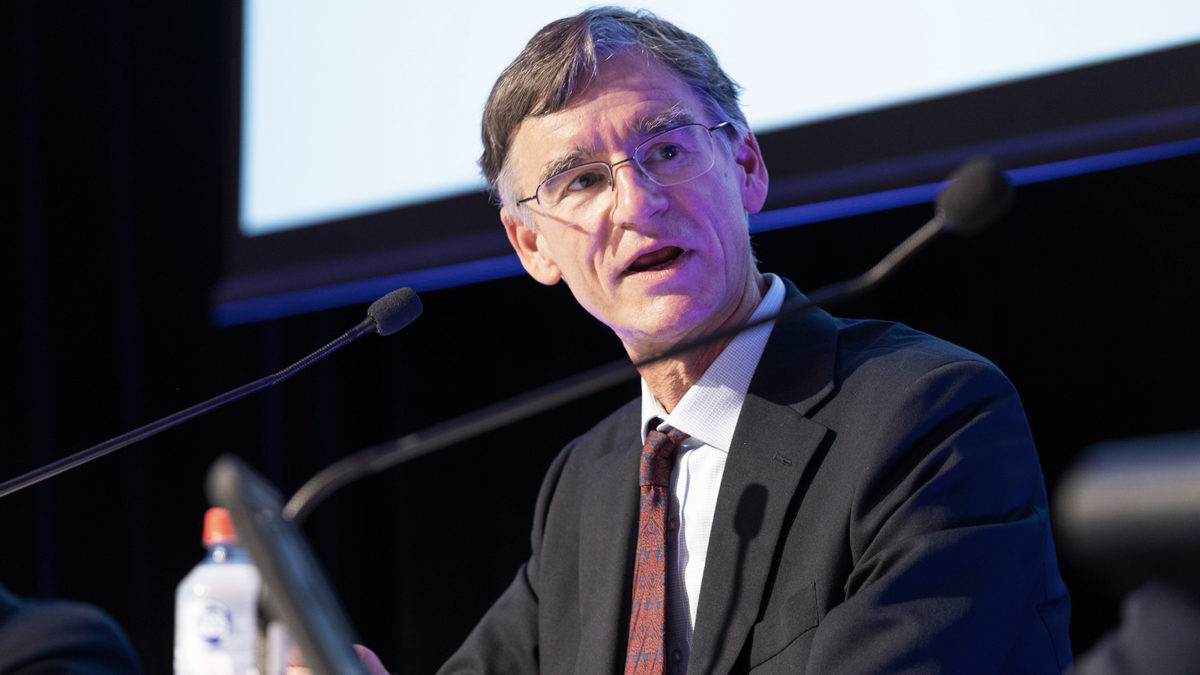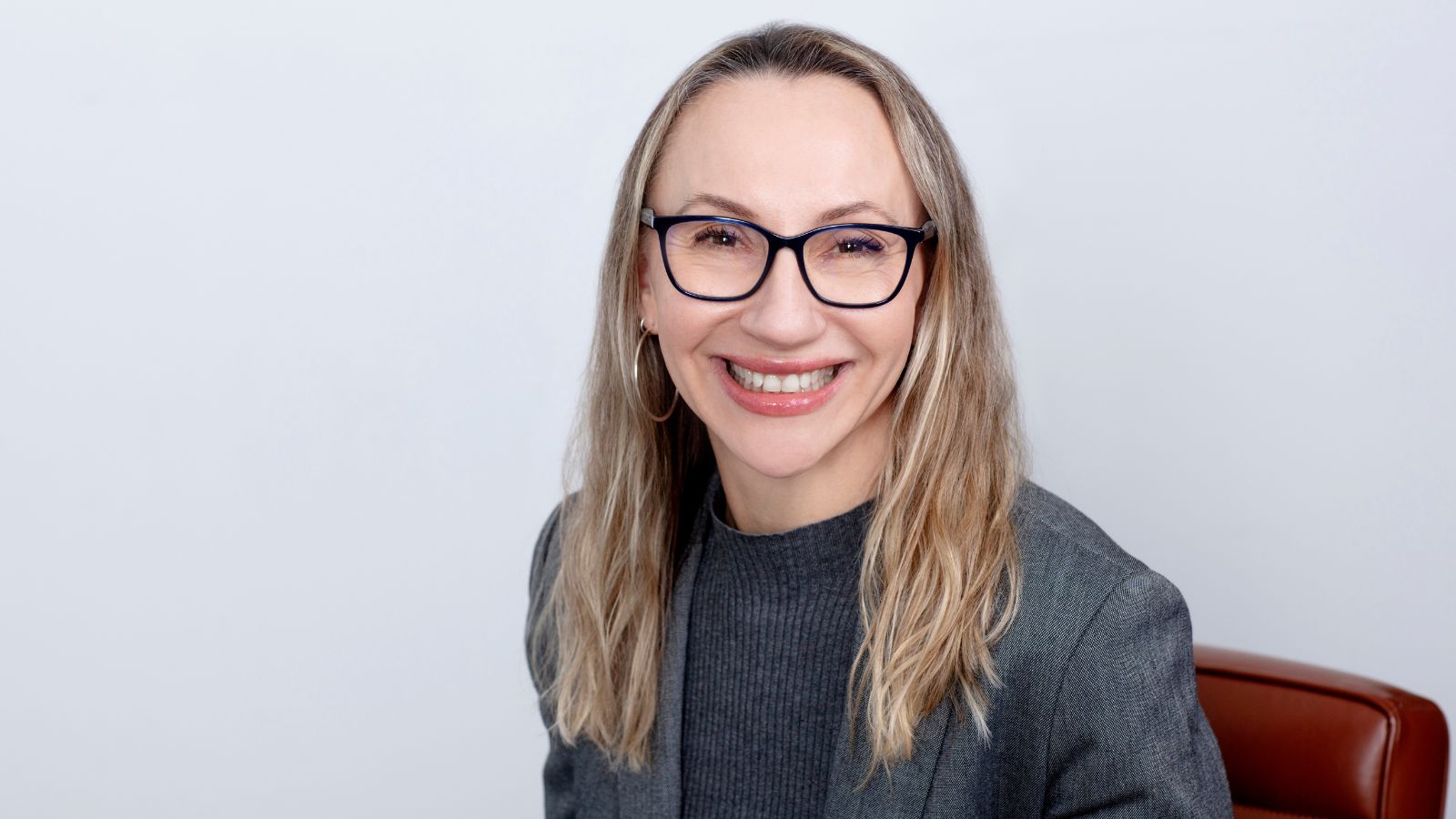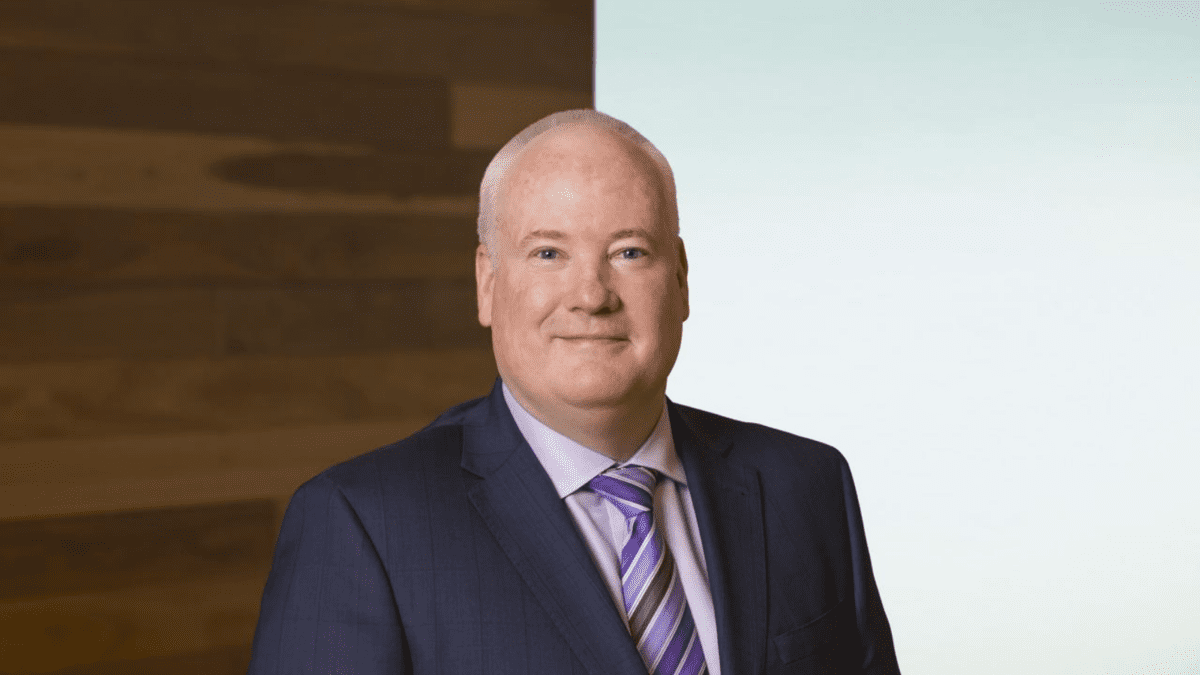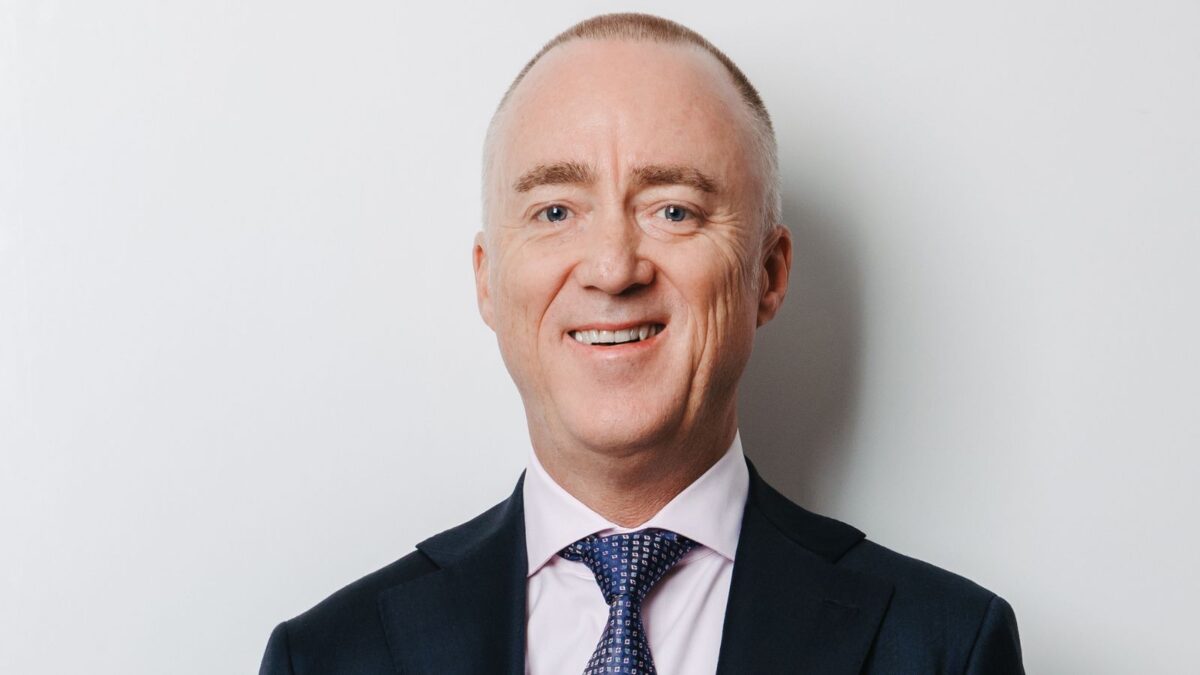‘We have to adapt’: Fidelity CIO on the changing funds management landscape
Fund managers everywhere are under pressure. The search for alpha has too often produced an index-like return, and while capital flight to cash and short-duration products in the face of rising interest rates has abated, the rivers of gold flowing to passive funds show no signs of reversing anytime soon.
Even Fidelity International, responsible for shepherding some US$750 billion entrusted to it by investors from massive pension funds right down to mums and dads, is not immune to the changes sweeping the global funds management industry.
“Some of the changes we’ve seen can create more distance in that (client) relationship,” Fidelity chief investment officer Andrew McCaffery, tells ISN. “Investors, especially institutional, but across the board, are compacting their manager list. They’re looking to have fewer, stronger relationships with greater breadth of capability than the multitude of relationships they’ve had. I see that as an opportunity, but it would be silly not to say that it’s a challenge that we have to recognise and respond to… You’re not going to have a strategic relationship off the basis of one asset class.”
But then the relationship between fund managers and their end client, usually a chunky state pension or Australian super fund, has always been a relationship in flux. That led to the growth of more bespoke strategies, as well as different ways of handling client money through the advent of segregated accounts and sub-advised portfolios across different investor channels.
“But the world has moved on from this idea of bottom-up, buy the best managers and strategies and create a portfolio; it’s now entirely an asset allocation framework,” McCaffery says. “And it’s in the move to that you think about governance budgets, as an institutional investor, and your time and resources, and that brings you back to this move from a mutual fund to an ETF.
“It’s not just passive. It’s about ease of wrapper use and operational benefits and that asset allocation need: how do I implement what I want as an exposure in a simple form and where am I going to spend my time looking for high active, high alpha strategies that can add extra value? Those things are challenges and opportunities, and it’s not just a one way street. But we have to adapt to them.”
But it isn’t always about getting an investment mandate either, McCaffery says, and big clients are becoming more like partners that want to enjoy the full spectrum of Fidelity’s capabilities, including being furnished with research on areas of interest like Japanese equities, private equity and fixed income with no expectation that they’ll commit funds to them.
Another way fund managers have been adapting to changing times is the launch of new strategies in spaces where it’s close to impossible to get a passive exposure: private markets and other alternatives, including hedge fund strategies That’s a structural trend, McCaffery says, one that really goes back more than 20 years, but one that has also accelerated dramatically in the last decade.
“It’s not just about having an allocation, but it’s very much a core and growing allocation,” McCaffery says. “When you look across investor channels, the institutional market is clearly moving – endowments have 50 per cent or more in private assets, and the major super funds here are in the 20-30 per cent range. But many investor channels are now moving their allocations from the low single digits to meaningful allocations.”
Even the activities on Fidelity’s personal investing platform are moving to incorporate private assets where they would have previously focused on alternative income and liquid alts. The same is true in the international market, and Fidelity has been upgrading its existing private asset business – it’s had a real estate platform since 2006 – by picking up private credit teams and building out its infrastructure debt and equity capabilities as it eyes opportunities in transition finance.
“The interesting part is that defined contribution, which has always had a kind of daily-dealing mentality, is now the leader, particularly here; Australian super funds are at the forefront of what we’re seeing across defined contribution across the world,” McCaffery says. “But wealth and wholesale channels are also wanting to incorporate private assets.”
“The structural trend is that more capital is being allocated there; there’ll be movement within it, like last year where capital stopped flowing or was very concentrated, but that’s picking up again this year. You’ll have cycles, but within a structural upward trend because the underlying investor allocations are moving as new investor groupings come into the market as well.”










